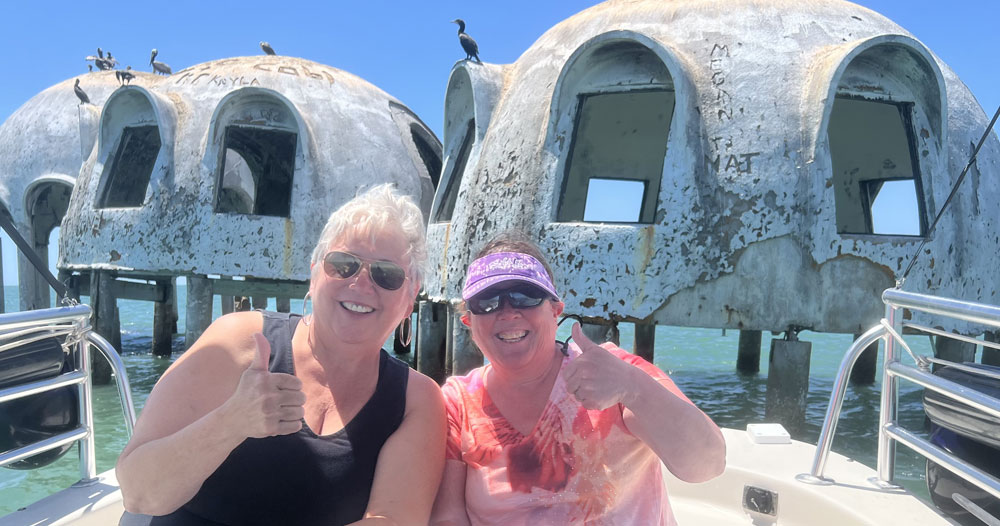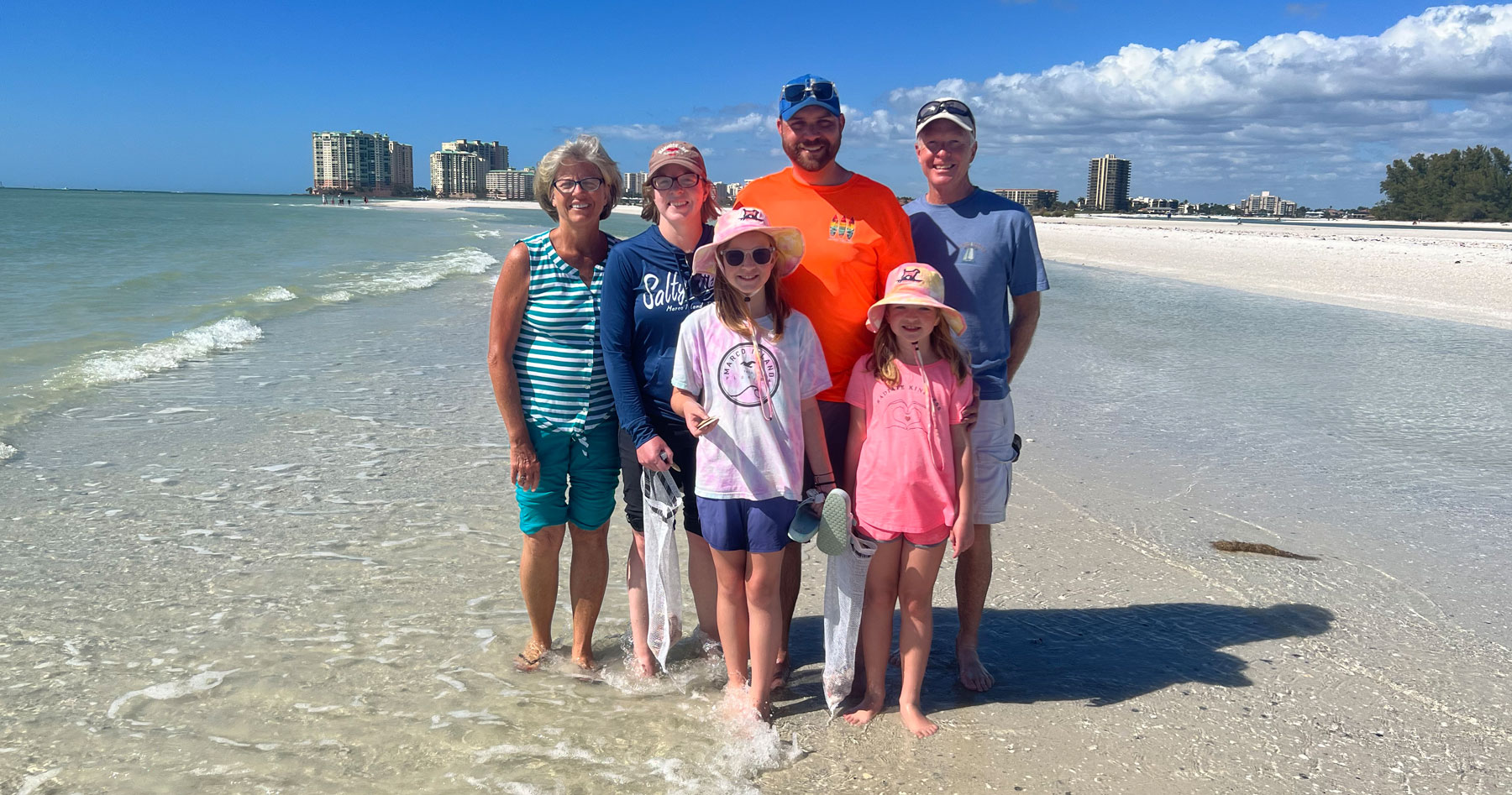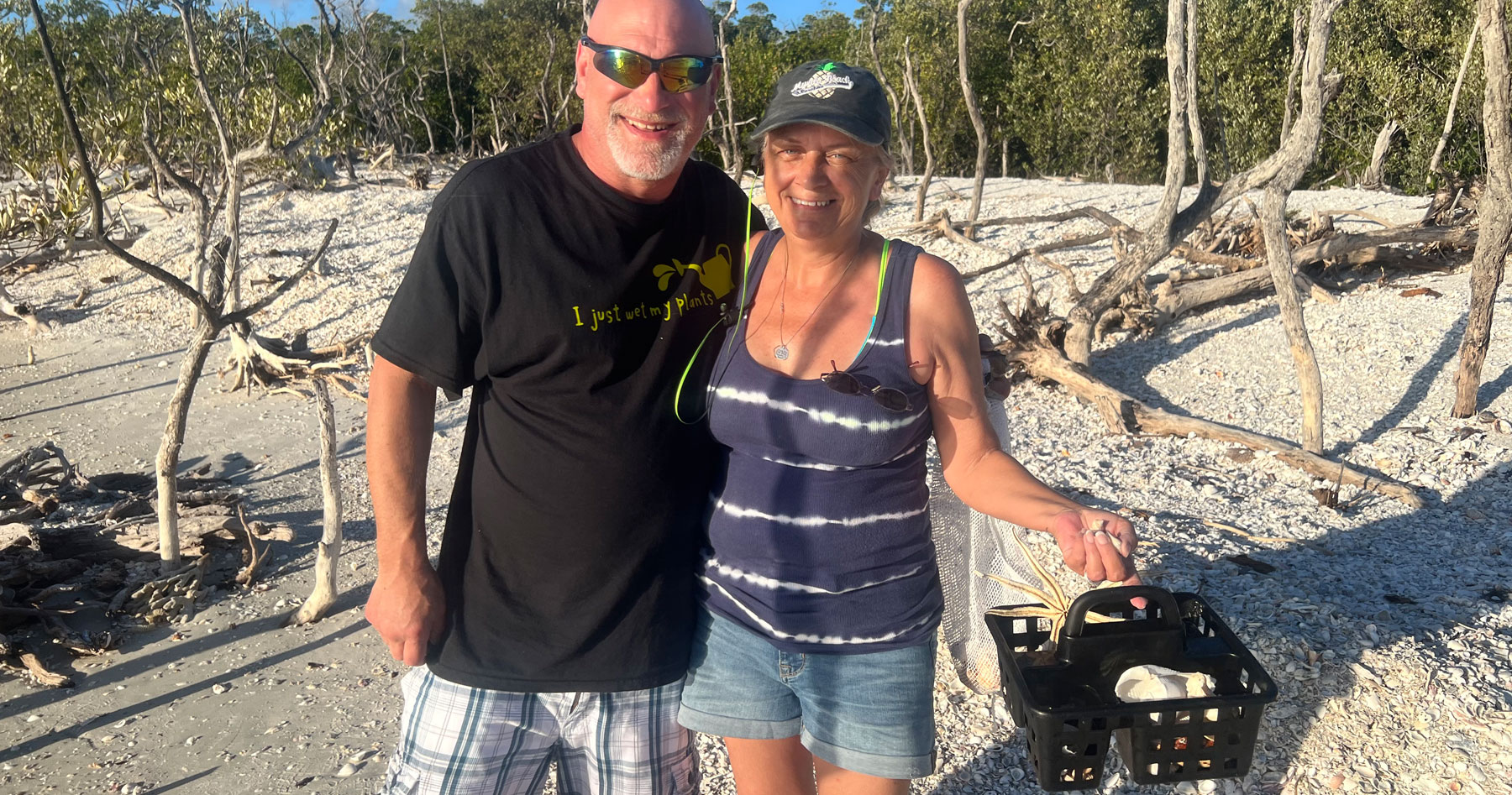Ecotourism, often referred to as ecological tourism, is a form of travel that emphasizes responsible and sustainable interaction with nature. Unlike traditional tourism, which can sometimes exploit natural resources, ecotourism is built on the principles of conservation, education, and community benefit.
At its core, ecotourism focuses on minimizing the environmental impact of travel while promoting the protection of natural habitats and biodiversity. *Travelers* are encouraged to be mindful of their ecological footprint, engage in activities that respect the natural environment, and support local conservation efforts. This often includes wildlife viewing, hiking in protected areas, and participating in conservation projects.
One key aspect of ecotourism is educating travelers about the importance of preserving natural ecosystems. This enhances the travel experience and fosters a greater appreciation and understanding of the environment. Visitors learn about local flora and fauna, cultural heritage, and the challenges faced by ecosystems worldwide.
**Book Your Tour Online** at Florida Island Tours to explore the wonders of Marco Island and the 10,000 Islands in an eco-friendly way!
Principles of Eco-Tourism

The principles of ecotourism are foundational guidelines that ensure travel activities are sustainable and beneficial to the environment and local communities. These principles balance enjoying natural wonders and preserving them for future generations.
- Minimize Impact:
One of the primary principles of ecotourism is reducing tourism’s negative environmental effects. This includes leaving no trace, reducing waste, and avoiding activities that could harm wildlife or natural habitats. - Build Environmental and Cultural Awareness:
Ecotourism aims to educate travelers about the importance of conservation and cultural sensitivity. This involves providing information about local ecosystems, wildlife, and cultural practices and encouraging respectful interactions with local communities. - Provide Positive Experiences for Both Visitors and Hosts:
Ensuring that both travelers and local inhabitants benefit from tourism activities is crucial. This includes creating meaningful and enjoyable experiences for visitors while improving host communities’ well-being through economic and social contributions. - Provide Direct Financial Benefits for Conservation:
Eco-tourism supports conservation efforts by directing funds toward protecting and restoring natural areas. This can involve park fees, donations, or participation in conservation projects. - Support Local Economies:
Eco-tourism helps sustain and grow local economies by prioritizing local businesses and services. This can include staying in locally owned accommodations, dining at local restaurants, and purchasing locally made products. - Respect Local Cultures:
Understanding and respecting local communities’ cultural practices and traditions is essential. This principle encourages travelers to engage with and respect the cultural heritage of the destinations they visit.
By adhering to these principles, eco-tourism ensures that travel experiences are enriching, educational, and sustainable.
Benefits of Eco-Tourism
Ecotourism offers a multitude of benefits that extend beyond the immediate pleasure of travel. It has lasting positive impacts on the environment, local communities, and travelers themselves.
- Environmental Conservation:
One of the key benefits of eco-tourism is its contribution to the conservation of natural environments. By directing resources and attention towards conservation efforts, eco-tourism helps protect endangered species, maintain biodiversity, and preserve delicate ecosystems. - Economic Benefits to Local Communities:
Eco-tourism provides economic opportunities for local communities by creating jobs and fostering local businesses. This includes employment in guiding, hospitality, transportation, and promoting local crafts and products. - Cultural Preservation:
By focusing on cultural heritage and traditions, eco-tourism supports the preservation of local cultures. This encourages communities to maintain and celebrate their cultural practices, which might otherwise be at risk of fading away. - Educational Value:
Eco tourism offers educational experiences that raise awareness about environmental issues and cultural significance. Travelers understand more about conservation, sustainable practices, and protecting natural and cultural resources. - Enhanced Travel Experience:
Eco-tourists often have more meaningful and immersive travel experiences. Engaging with nature and local cultures in respectful and sustainable ways creates memorable and impactful journeys. - Promotion of Sustainable Practices:
By participating in ecotourism, travelers adopt and promote sustainable practices that can be applied in their daily lives. These include reducing waste, conserving resources, and supporting ethical businesses.
Overall, eco-tourism fosters a symbiotic relationship where both the traveler and the destination benefit, leading to a more sustainable and responsible form of travel.
Eco Tourism in Florida
Florida is a prime destination for eco-tourism, thanks to its diverse ecosystems, rich wildlife, and commitment to conservation. From its pristine beaches to the Everglades’ intricate waterways, Florida offers many opportunities for eco-conscious travelers.
The Florida Everglades is perhaps the most well-known eco-tourism hotspot in the state. As the largest subtropical wilderness in the United States, the Everglades is home to various species, including alligators, manatees, and the elusive Florida panther. Eco tours in the Everglades often include airboat rides, guided hikes, and educational programs highlighting this unique ecosystem’s importance.
10,000 Islands, located near Marco Island, is another fantastic ecotourism destination. This mangrove island labyrinth offers incredible kayaking, bird-watching, and dolphin spotting opportunities. Guided boat tours can take you deep into this natural wonder, allowing you to experience its beauty while learning about the efforts to preserve it.
In addition to these famous sites, Florida boasts numerous state parks, wildlife refuges, and marine sanctuaries that cater to eco-tourists. Places like Dry Tortugas National Park, John Pennekamp Coral Reef State Park, and Crystal River provide unique experiences such as snorkeling, diving, and swimming with manatees.
Ecotourism in Florida also supports local conservation efforts. Organizations committed to sustainable practices and environmental education operate many tours and activities. By choosing eco-friendly options, travelers can contribute to protecting Florida’s natural treasures for future generations.
Whether exploring the Everglades, navigating the 10,000 Islands, or discovering hidden gems in state parks, eco-tourism in Florida offers a rewarding and responsible way to experience the state’s natural beauty.
Supporting Conservation Efforts
One of ecotourism’s core principles is its commitment to supporting conservation efforts. By engaging in ecotourism activities, travelers not only enjoy unique experiences but also contribute to the preservation of the natural environment and its inhabitants.
**Financial Support** is a significant way ecotourism aids conservation. A portion of the revenue generated from ecotourism activities often goes directly to local conservation projects. This funding can support various initiatives, such as habitat restoration, wildlife protection, and environmental education programs. By choosing eco-friendly tour operators, travelers ensure their money is used for the greater good.
**Education and Awareness** are also critical components of eco-tourism. Many eco tours include educational elements informing participants about the local ecosystem, the species that inhabit it, and their challenges. This increased awareness can lead to more environmentally conscious behavior and a greater appreciation for the need to protect natural areas.
**Community Involvement** is another vital aspect of supporting conservation through ecotourism. Local communities often play a crucial role in conservation efforts, and ecotourism can provide them with the necessary resources and economic incentives to continue their work. By involving local guides and supporting local businesses, eco-tourists can help create a sustainable model that benefits both the environment and the community.
**Volunteer Opportunities** are sometimes available through eco-tourism operators, offering travelers a hands-on way to contribute to conservation efforts. Activities such as beach clean-ups, tree planting, and wildlife monitoring help the environment and provide a deeper connection to the natural world.
Ultimately, supporting conservation efforts through eco-tourism is about making mindful choices. By opting for eco-friendly tours and activities, travelers can enjoy unforgettable experiences while ensuring their environmental impact is positive and lasting.
Future of Ecological Tourism
The future of eco-tourism looks promising as more travelers seek sustainable and meaningful travel experiences. With growing awareness about environmental issues and a desire to minimize carbon footprints, eco-tourism is poised to become a trend in the travel industry.
**Technological Advancements** are set to play a significant role in the evolution of eco-tourism. Innovations such as electric boats, solar-powered accommodations, and eco-friendly transportation options are becoming more prevalent. These technologies help reduce travel’s environmental impact while enhancing ecotourists’ overall experience.
**Enhanced Regulations and Certifications** will also contribute to the growth of ecotourism. As governments and organizations recognize the importance of sustainable travel, stricter regulations and certification programs are being implemented. These measures ensure that ecotourism operators adhere to high environmental and ethical standards, providing travelers with confidence in their choices.
**Community-based tourism** is expected to rise as an essential component of eco-tourism. By involving local communities in tourism activities, travelers can gain authentic cultural experiences while directly supporting their destinations’ economic and social well-being. This approach fosters a sense of responsibility and partnership between tourists and local residents.
**Increased Focus on Conservation** will remain a cornerstone of eco tourism’s future. As more travelers become aware of their impact on the environment, there will be a greater emphasis on conservation projects and sustainable practices. This shift will encourage more tour operators to adopt eco-friendly practices and support initiatives that protect natural habitats and wildlife.
**Personalized Eco Tours** will likely become more popular as travelers seek customized experiences that align with their values and interests. Whether it’s a private wildlife tour, a guided shelling adventure, or an educational eco-tour, personalized options allow travelers to engage deeply with their surroundings while minimizing their environmental impact.
Embrace the future of eco-tourism and positively impact the environment with your travels. Book Your Tour Online today and embark on a journey that supports sustainable travel and conservation efforts.















Join the discussion One Comment